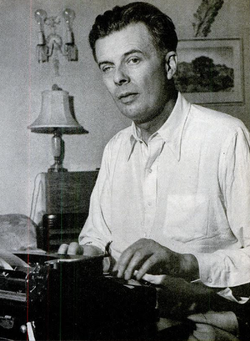Contra also Timothy Leary, influenced in part by Huxley, per this Guardian piece that led to the first Vice piece. (Huxley went beyond his initial mescaline to LSD.) Contra (somewhat, hold on to that) Michael Pollan. Contra Black Lives Matter.
One of Vice's good counterpoints is the CIA's use of LSD in MK-ULTRA. QAnon "shaman" Jake Angeli dropped psychedelics. The Bhagwan Shree Rajneesh incorporated them into his cult.
People evil, whether lawful evil, neutral evil or downright evil, can use psychedelics to their own ends.
Anthropologist David Dupuis compares them to pluripotent stem cells that can turn into all sorts of body cells. So, psychedelics can promote all sorts of psyches.
They are also becoming one of the latest vulture capitalism focuses of tech dudebros, broligarchs, whatever your term.
This second Vice piece has a further word of caution.
That's that psychedelics aren't necessarily a magical mystery tour for fixing depression and other mental health problems.
The psychologist interviewed in the piece notes that a good cautionary starting point is that counselors should not project their own beliefs about mystical experiences — and their alleged therapeutic benefits — onto clients. That's because, in part, the counselor "you" is not the client "you" and is not going where they are.
In an interview for most the piece, Australian philosopher Chris Letheby talks about the "comforting delusion" that they may offer, and (pick up that thought) Letheby does cite Pollan, wondering if psychedelics offer nothing but a comforting delusion in their mystical experiences. I think that for many, they do. But not everybody.
I know science writer John Horgan, who has done ayahuasca, and some other substances. I think he "accepted" his experiences, and had a degree of what others would call "mystical," but returned to his normal state of consciousness normally grounded. But, that's the self he brings.
The self of scientific naturalism, which Letheby also discusses.
As for Huxley and the self-help phrase? The Guardian piece notes that "Doors of Perception," about his mescaline, may in part have been about his trying to deny that he was semi-blind.
Whether totally true or not, since Letheby also indicated he's sympathetic to the Buddhist idea of no-self, I wish he would have picked up more on the "wherever you go" idea.
As for its take on "Island"? It's been a long time since I read that. I do recall, at a minimum, that it didn't really float my boat.
As for Pollan? While he doesn't use his one tripping to write blank checks for anything, he does tilt partially in that direction.


No comments:
Post a Comment